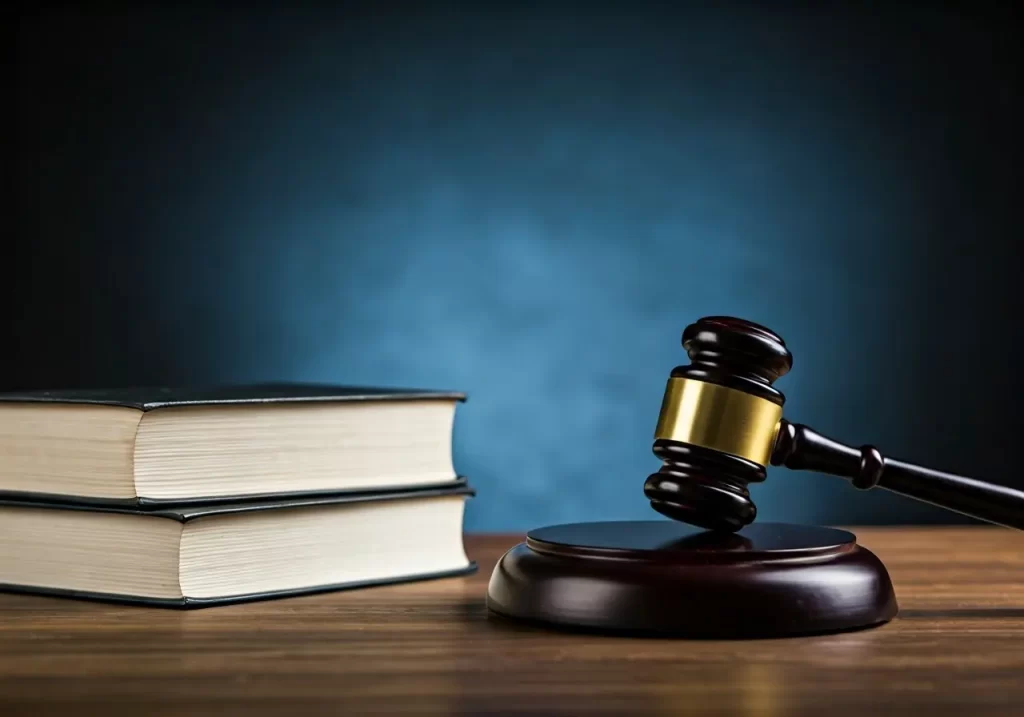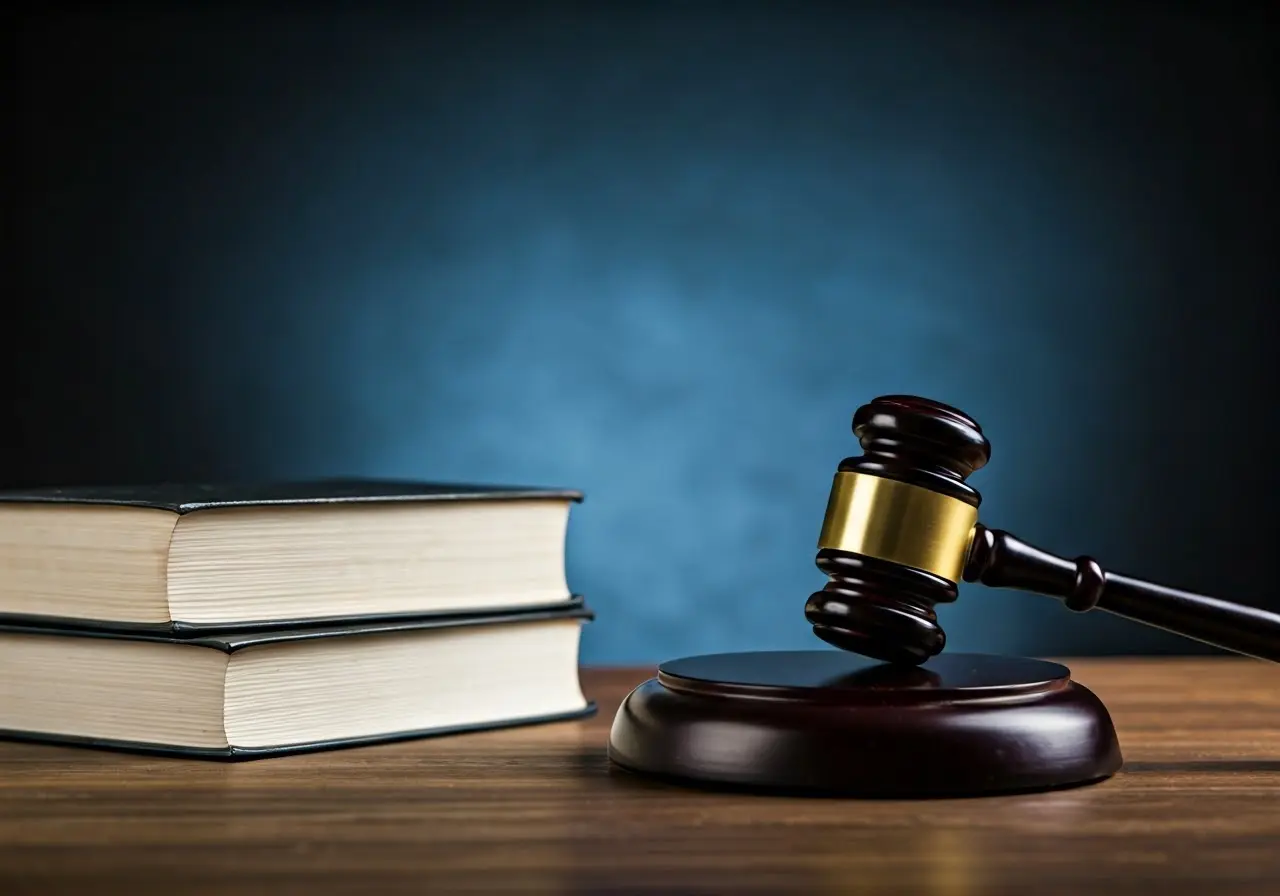Navigating the legal landscape of New Jersey can be challenging, especially when it comes to DWI (Driving While Intoxicated) laws. To help you understand these laws better, we’ve compiled a list of essential facts that you need to know. Whether you’re a resident or just passing through, having this knowledge can be invaluable.
1. Understanding the Definition of DWI
In New Jersey, DWI refers to operating a vehicle while under the influence of alcohol or drugs. This definition extends beyond alcohol to any substance that impairs your ability to drive. Whether it’s prescription medication or an illegal drug, the impact on your driving skills is what matters. It’s crucial to understand that the state takes these charges seriously, considering even small amounts of substance that cause impairment as qualifying for a DWI conviction.
The broad definition allows for a comprehensive approach in prosecuting those deemed unsafe on the road. Thus, ensuring public safety remains the primary goal of these laws. Even substances that might seem harmless, like certain over-the-counter medications causing drowsiness, fall under this category if they affect driving performance.
2. Legal Blood Alcohol Concentration Limits
For most drivers in New Jersey, a blood alcohol concentration of 0.08% or higher constitutes a DWI. Lower limits apply for commercial drivers and those under the legal drinking age. For commercial drivers, the threshold is stricter at 0.04%, given the potential risk their vehicles pose. Drivers under 21, on the other hand, have a zero tolerance policy, meaning any trace of alcohol can lead to penalties.
These distinctions acknowledge that different groups have varying responsibilities and capacities to handle alcohol. The focus is always on ensuring the highest safety standards, especially considering the potential harm impaired drivers can cause. Regular updates to this policy reflect the evolving understanding of alcohol’s effect on different age groups and vehicle operators.
3. Implied Consent Laws
By driving in New Jersey, you automatically consent to submit to chemical tests for alcohol or drug content if suspected of DWI. Refusing to do so can lead to penalties, including license suspension and fines. The idea here is clear: if you’re on the road, you’re agreeing to measures that ensure you’re fit to drive.
These laws serve to bolster public safety by discouraging refusal, which is often an indicator of guilt. Furthermore, cooperation with law enforcement officers ensures that those who are driving under the influence are identified and penalized accordingly.
4. Consequences of a First Offense
A first-time DWI offense can result in fines, license suspension, and mandatory attendance at an Intoxicated Driver Resource Center (IDRC). The intention here is not just to punish but also to educate offenders about the dangers of impaired driving. Hence, the IDRC plays a crucial role in addressing behaviors that lead to drinking and driving.
Participants are typically required to undergo evaluations to determine if there is an underlying alcohol use disorder. This dual approach of deterrence through penalty and support through education aims to curb further offenses and promote long-term behavioral changes.
5. Penalties for Repeat Offenders
Subsequent DWI offenses carry harsher penalties, including longer license suspensions and potential jail time. New Jersey has implemented this structure to discourage reoffense and to highlight the state’s commitment to road safety. Typically, a second conviction can result in a two-year suspension of your driving privileges, along with mandatory community service.
For those facing a third offense, the penalties become even more severe, including a ten-year license suspension and a possible 180 days in jail, underscoring the gravity of repeated legal transgressions. The incremental increase in penalties serves as a countermeasure against habitual offending and ensures that repeat offenders are kept off the roads for extended periods.
6. Impact of DWI on Insurance Rates
Being convicted of DWI in New Jersey usually results in significantly higher insurance premiums, as it marks you as a high-risk driver. Insurance companies view DWIs as indicators of risky behavior, thus reflecting that in the increased cost of coverage.
The rise in rates can often be substantial and long-lasting, remaining elevated for several years post-conviction. It’s a financial strain that serves as a strong deterrent, reminding individuals of the broad consequences a DWI charge can have beyond immediate legal penalties.
7. Sobriety Checkpoints Legality
New Jersey law permits sobriety checkpoints, where law enforcement can stop vehicles to check for impaired drivers. These are regularly conducted to ensure road safety and act as a deterrent to impaired driving.
Although some may feel they infringe on personal freedoms, sobriety checkpoints are constitutionally upheld as a means to prevent dangerous driving. Their strategic and visible presence on roadways serves to remind drivers of the risks and real consequences of driving under the influence.
8. Potential Defenses Against Charges
Various defenses can be used in a DWI case, such as questioning the accuracy of breathalyzer results or improper procedures by law enforcement during the arrest. Combatting these charges often involves scrutinizing the evidence collection process, which frequently lacks accuracy.
Breathalyzer devices must be maintained and calibrated to provide precise readings; any negligence here can be grounds for defense. Understanding your rights and the procedural obligations of law enforcement can significantly influence the outcome of a case. Thus, a skilled attorney is vital in navigating such complexities.
9. The Role of Ignition Interlock Devices
For certain offenders, installation of an ignition interlock device on their vehicle may be required, preventing them from starting the car if alcohol is detected on their breath. This device acts as an in-vehicle breathalyzer, granting or denying ignition depending on the result.
Such measures are examples of preventative punishment, aiming to reduce habitual offenses by curbing the ability to reoffend. Failing multiple tests can result in further legal repercussions and is an aspect of the rehabilitation strategy employed by New Jersey.
10. Seeking Legal Assistance
If you are facing a DWI charge, hiring a knowledgeable attorney can provide valuable insights and guidance through the legal process, potentially mitigating the consequences. Experienced lawyers are equipped to challenge evidence and question procedure, maximizing your chances of a favorable outcome.
Criminal defense teams, such as ours, understand the intricacies of DWI charges and the importance of quick, effective action. Engaging with legal professionals early improves your defense’s fortitude, ensuring all possible avenues are explored and pursued.


